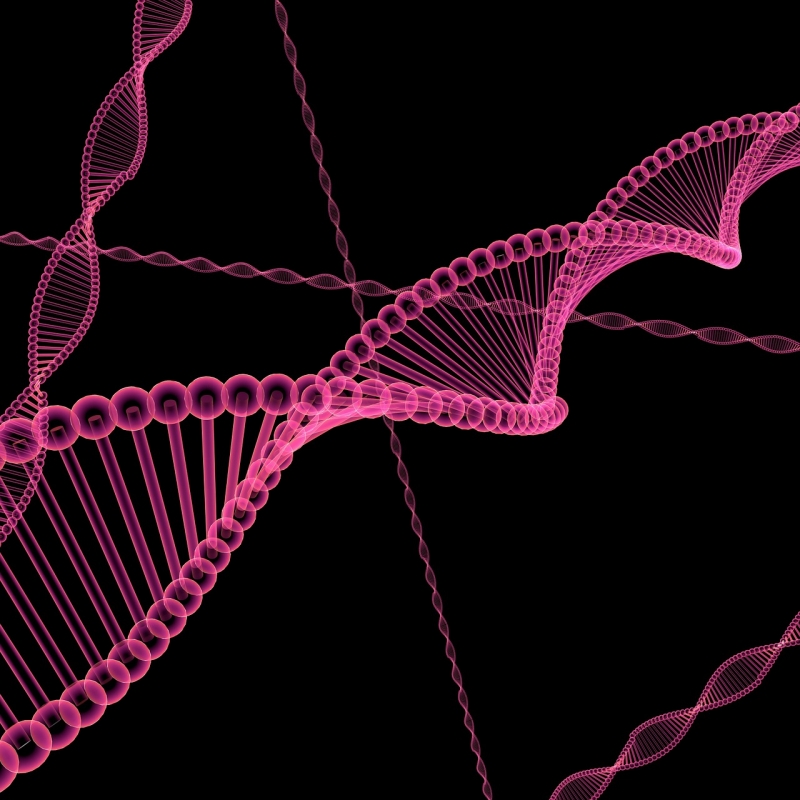
According to the National Cancer Institute José Alencar Gomes da Silva (Inca), breast cancer is the disease that most affects women in Brazil and the world – after non-melanoma skin cancer.
These statistics frighten women, especially those who have cases in the family. Hereditary cancer is actually one of the forms of the disease, but it must be stressed that it is not the only one. That way, if your grandmother, mother or aunt faced the illness, the recommendation is to anticipate and redouble preventive care.
In this post we will explain how genetics works when it comes to breast cancer. Continue reading and find the answers to your questions!
What are the risk factors for breast cancer?
Many people are greatly concerned about hereditary cancer, however it is important to note that the genetic aspect is only one of a list of risk factors for breast cancer, which includes:
age – according to Inca, 4 out of 5 are women over 50;
environmental and behavioral aspects – sedentary lifestyle, alcohol consumption, obesity and overweight after menopause and frequent exposure to x-rays;
aspects related to reproductive and hormonal history – first pregnancy after 30, no children, first menstruation before 12, menopause after 55, use of hormonal contraceptives and hormone replacement after menopause.
When is it necessary more attention for the heredity of the disease?
According to the Inca, hereditary cancer accounts for 5% to 10% of the disease cases. The factors considered hereditary and / or genetic for breast cancer are:
family history of ovarian cancer;
relatives with breast cancer before age 50;
men breast cancer cases in the family;
Mutation in the BRCA1 and BRCA2 genes.
Women who present one or more of these factors are considered to be at high risk and thus need to make a more rigorous and anticipated preventive control.
It is important to talk with your doctor to find out what the most appropriate course of action for each case is – according to the family history of cancer.
How to prevent?
It is essential that all women – regardless of having a family history of the disease – carry out the prevention. The recommendation is to practice regular physical activity, have a nutritious and balanced diet and avoid alcoholic beverages. Breastfeeding is also a way to prevent breast cancer.
Furthermore, women should be aware of their body and perform monthly breasts self-examination so that they are able to notice any abnormality. Have a mammogram every year after the age of 50 (or earlier in the case of women at high risk) is also essential for early diagnosis and increased chances of cure.
Now you know what characterizes hereditary cancer when it comes to breast cancer. Those who have a family history of the disease should redouble their preventive care, but also must realize that this is only one of the causes for the disease onset.
Did you like the information? Share this post on your social network so that more women will better understand the genetic aspects related to breast cancer!

